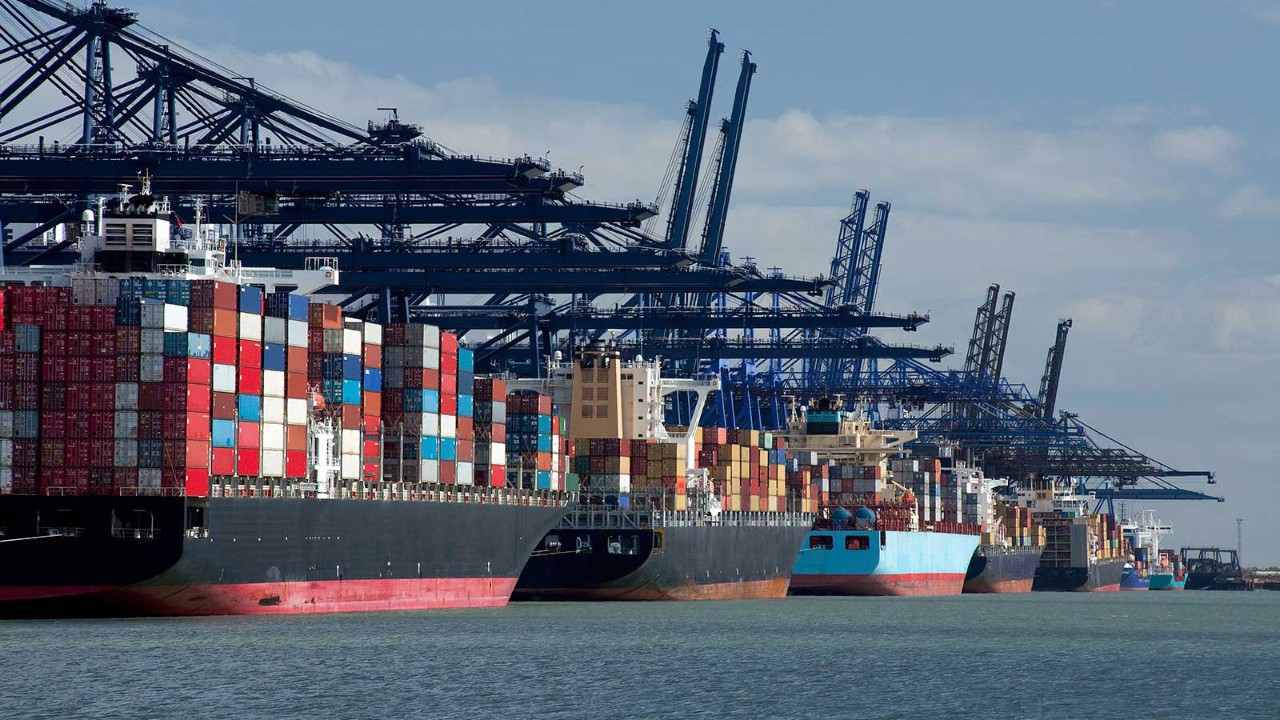
A company importing goods owned by another party is not allowed to deduct the import VAT paid on them, even if the goods are used in relation to the importer’s business activities.
This is what the UK’s first tier tribunal (FTT) ruled in a recent case, on the basis that import VAT can be recovered as input tax only if the imported products or materials are ‘used as a cost component in any onward supply’.
Piramal argued the nature of its business was such that import VAT paid was reclaimable by the company
Game-changer
In other words, based on the verdict of Piramal Healthcare Limited vs HMRC [2023], if a company is not the owner of the goods brought into the UK from overseas and cannot dispose of them, import VAT will be irrecoverable.
This is a game-changer for all businesses involved in the importation of goods in some capacity. To reclaim import VAT, there are now just two options:
- the owners become importers of records with any associated risks, costs and administrative burdens (eg import declarations)
- the ownership of the goods is transferred to the import agents or tool operators before customs clearance takes place and returned to the original owners after the products are in free circulation in the UK.
The latter might only be practical if the service providers are willing to take on significantly more risks themselves by becoming responsible for, and the title holders of, the products during the ‘interim’ ownership (presumably by charging a premium for their services).
To claim input tax credit, any VAT paid must be attributable to onward taxable supplies
Piramal Healthcare operated differently. Like many import agents, tool operators and other service companies in the sector, its core business is to import, process and distribute products on the instructions of the owners of those products. Historically, when Piramal customs-cleared pharmaceutical goods, it paid UK import VAT on them before performing the associated services (like clinical trials) to its customers, ie the goods owners. The goods were later sent to third parties or shipped back to the customers.
At no point was the tool operator the owner of any goods. However, Piramal argued the nature of its business (including being the importer of record) was such that import VAT paid in these circumstances was available as input tax and reclaimable by the company.
Missing link
The FTT was not satisfied by the appellant’s argument and explained that to claim input tax credit, any VAT paid must be attributable to onward taxable supplies, typically by incorporating the costs of the goods (imported or bought domestically) into the price of subsequent sale transactions. This link – in the FTT’s opinion – was missing.
Interestingly, to reach this conclusion the FTT quoted both domestic and EU court decisions on similar cases, as the initial HMRC assessment of Piramal related to a period (October 2018) when the UK was still a member of the EU.
There seems to be no room for import agents and tool operators in the UK to diverge
HMRC’s position on the subject has been clear to the wider public since 2019 (as published in its second brief of that year), when it stated that reclaiming import VAT is restricted to the owners of the goods and only if they act as importers of record (either in accordance with section 24 of the VAT Act 1994 for those taxpayers VAT registered in the UK or under the (old) 13th VAT Directive for the others).
Now that this position has been tested in a court of law and the tribunal agreed with HMRC, there seems to be no room for import agents and tool operators in the UK to diverge from the tax authority’s stance.
More information
Find ACCA’s technical resources for practitioners



